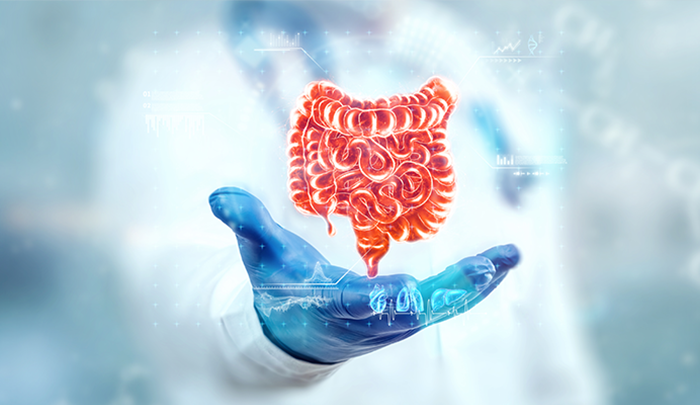What is the gut microbiome?
Our intestines are host to trillions of microbes, making it the most diverse microbiome we have, affecting every stage of our life. From the moment we are born, we begin populating our gut microbiome, some of which help us to extract energy from non-digestible components of milk. As we age, the microbiome plays a large part in digestion control, generate metabolites to provide nutrition, and helps train our immune system to protect helpful bacteria and recognize bad bacteria.
Generally, the gut microbiome is closely linked to our health through the gut-brain axis affecting the development of brain and mental health conditions. It is also involved in energy acquisition from eating, protection from bad microbes, and the building of vitamins & metabolites that boost our wellness.

